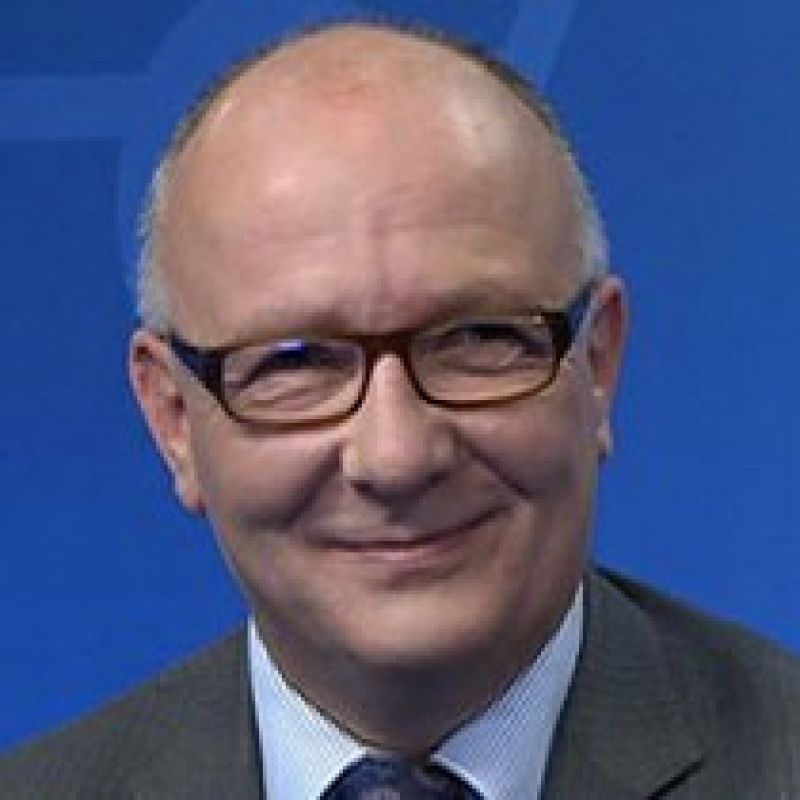Supervisors

- Position
- Visiting Fellow
- Division / Faculty
- Faculty of Health

- Position
- Professor of Medical Oncology
- Division / Faculty
- Faculty of Health

- Position
- Professor
- Division / Faculty
- Faculty of Health
Overview
Lung cancers are the leading cause of cancer related deaths in Australia, with a 5-year survival of 15%. With the emerging success of immune checkpoint blockage leading to durable responses and prolonged survival in 15-40% of cases, there is now a need for predictive biomarkers to guide selection for immunotherapies.
The immune contexture of the tumour microenvironment (TME) is an important factor in dictating how well a tumour may respond to immune checkpoint therapies (1). Spatial and immunological composition with cellular status can aid in identifying micro-niches within the TME. This project aims to spatially map tumours using digital spatial profiling technology (1,2) (NanoString GeoMX DSP and Multiplex-IHC) to understand the tumour-immune cell interactions at play.
Aims
- Describe the spatial immune contexture in non-small-cell lung cancer
- Identify spatial biomarkers associated with disease outcome.
References
- Wargo et al., Nature Medicine 2018;
- Rimm et al., Clinical Cancer Research 2019, 2020.
Approaches/Skills and techniques
- multiplex immunohistochemistry
- cell sorting (FACS)
- microscopy (Inverted, confocal, high resolution)
- spatial/geometric mapping of cells
Outcomes
The findings will spatially describe the tumour microenvironment in lung cancer to identify biomarkers associated with disease outcome. These findings will represent a novel means by which to identify whether a specific therapy would be effective from diagnostic tissue biopsy. Ultimately leading to a more personalised treatment for lung cancer patients.
Keywords
Contact
Contact the Supervisor for more information.